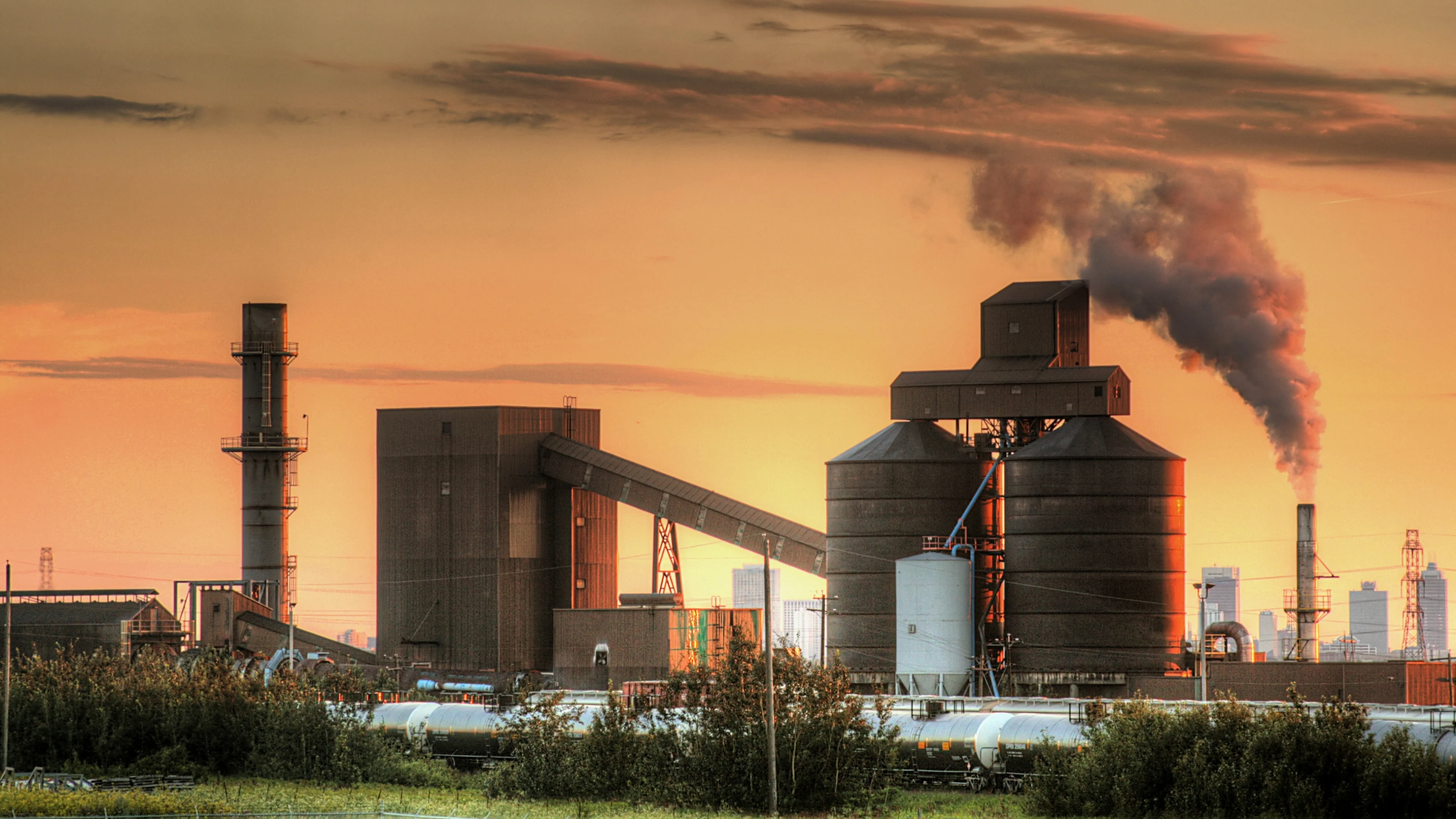
Big investor firms could have been richer if they had dropped oil and gas stocks
Some public pensions could have seen their portfolios be worth over $20 billion more — and cut their carbon footprints — had they divested from fossil fuels 10 years ago, according to a recent report.
Pensions in Canada aren’t exactly walking the walk when it comes to their climate change goals, according to some experts. Many of them are still deeply invested in fossil fuel companies, whose operations and products are well-documented drivers of climate change. For instance, the Canada Pension Plan’s investments in oil and gas companies reached $11.6 billion in 2020.
However, a recent report suggests that public pensions, and other organizations that invest in the stock market, could have had portfolios worth billions more had they divested away from fossil fuel stocks 10 years ago. This report, a collaboration between Stand.earth and the University of Waterloo, looks at six public pensions in the United States.
But, according to Richard Brooks, climate finance director with Stand.earth, its findings are likely true — if not potentially more so — for Canadian groups.
The report found that, altogether, the six pensions’ portfolios would be worth more than $20 billion USD more in 2022 had they, hypothetically, stopped investing in fossil fuel stocks in 2013.
“We're talking big numbers here,” Brooks told The Weather Network.
READ MORE: Fossil fuel company's net-zero plans are 'largely meaningless,' report finds
The six funds were the California State Teachers’ Retirement System, the California Public Employees’ Retirement System, the New York State Teachers’ Retirement System, the Alaska Permanent Fund Corporation, the Oregon Public Employees’ Retirement Fund and the State of Wisconsin Investment Board.
For its findings, the team looked at the information on investments that each fund makes publicly available, and then did a yearly analysis of what these investments would be worth using data available through Bloomberg. The team then compared two scenarios: the one that played out in real life, and one in which the pensions had divested from fossil fuels. In this latter point, the dollars that would have been invested in fossil fuels were redistributed among the remaining investments in their portfolios.
According to the report, the portfolios of the six pensions totalled $402.8 billion USD in the real world in 2022. Had they divested, they would have been worth $424.6 billion.

Stock Exchange Board (Pixabay)
Embroiled in oil
The report includes a carbon footprint analysis on the pension funds. They found that if the pension funds had divested 10 years ago, their portfolios would have also seen a 16 per cent reduction in their carbon footprints.
According to Brooks, these pension funds have a fiduciary responsibility to invest with a focus on long-term financial stability, and ensure they see long-term trends. He added that these findings are important because it is the “responsibility of these pension funds, who are investing the hard-earned dollars of workers, to provide for those workers in the future when they retire.”
Fossil fuel companies did quite well on the stock market in some years, such as during the ongoing war in Ukraine when stocks spiked. However, in the grand scheme of things, “the writing is very much on the wall,” for these stocks, as the world begins to transition away from fossil fuels, according to Brooks.
Even in oil-rich Canada, the value of the fossil fuel sector has been underperforming this year. In general, the industry is facing some challenges, such as the decreasing demand for oil globally as renewable energy grows.
WATCH BELOW: As fossil fuels slide, investments are shifting towards renewables
Investor interest
These findings may also hold true for groups other than public pension funds in the U.S., Brooks said. For one, other organizations that have similarly large and diversified portfolios (such as banks, universities and others) could take a cue.
Further, while the report’s findings are targeted at U.S. bodies, they would likely be true for those in Canada as well, considering how prominent fossil fuel companies are among Canadian companies on the stock market.
READ MORE: How summertime tourism in Canada is adapting to and combating climate change
It’s not just Canadian pension funds either. A report from last year shows that CIBC, the Royal Bank of Canada, and Scotiabank increased their fossil fuel investments by 132 per cent, 101 per cent, and 87 per cent, respectively, between 2020 and 2021. Meanwhile, Canadian universities are taking steps to divest from fossil fuels, but there’s a long way to go yet.
However, according to Anik Islam, senior research associate with the Smart Prosperity Institute, it might not be enough for firms to simply stop investing in fossil fuel stocks. For one, he said, there are various different ways that banks, pension funds, universities and others put their money behind these companies, beyond just investing in stocks.
These can include money lending services from banks, underwriting services from insurance companies, and others. Banks and other groups that issue loans can also put specific conditions on their lending terms, mandating a company spend a certain percentage of a loan on emission reductions. Groups that invested in stocks can also vote at shareholder meetings in favour of climate-friendly efforts. These mechanisms could be used to push fossil fuel companies toward reducing their emissions.
There are other reasons for these large investors to pursue greener investments as well. For instance, starting in 2024, some of them will need to disclose the risks to the climate in their operations, as a part of federal environmental, social and governance, commonly called ESG, laws. Additionally, climate change poses a threat to the viability of other stocks by disrupting supply chains.
Thumbnail image: Oil refineries seen near Edmonton, Alta., in 2013. (Winterforce Media (WinterE229)/Wikimedia Creative Commons)











